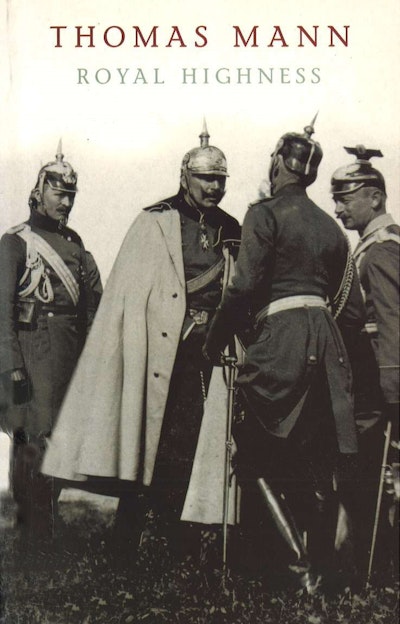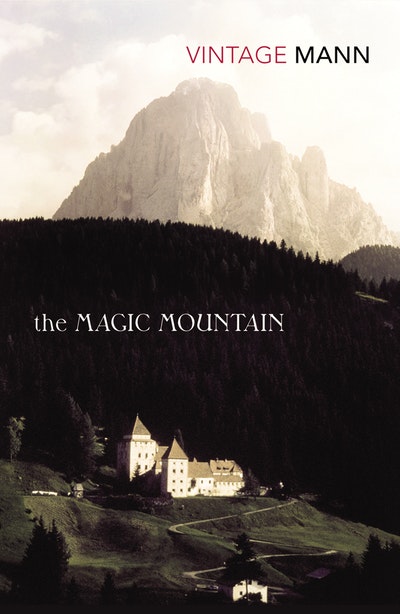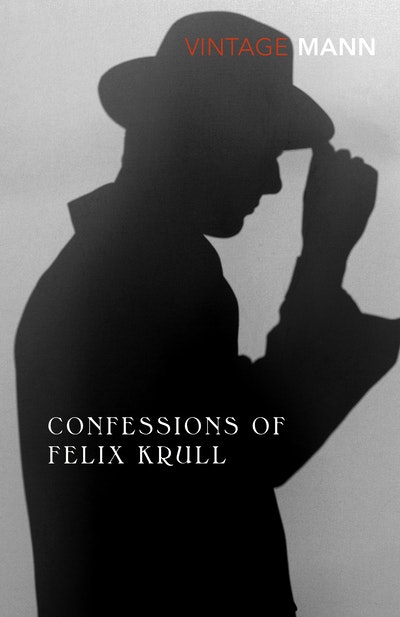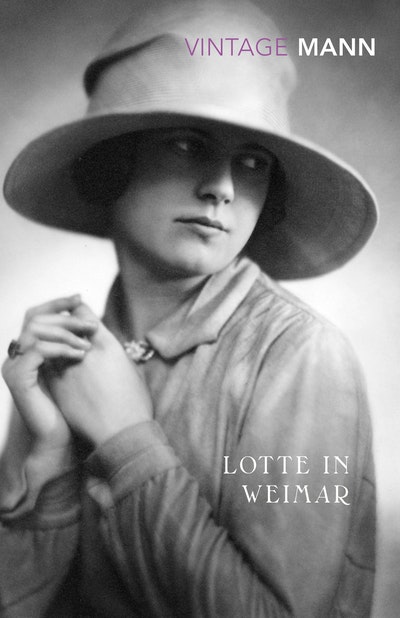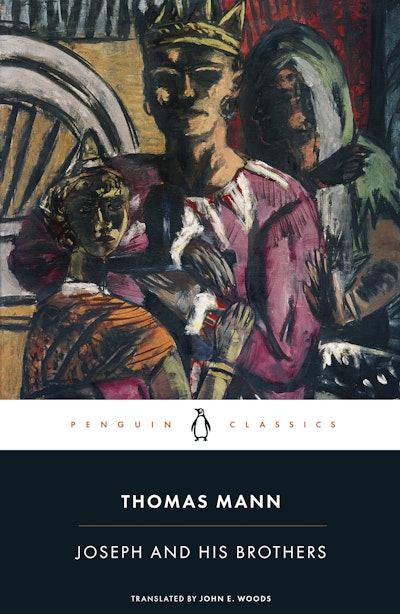[]
- Published: 1 April 1997
- ISBN: 9780749386825
- Imprint: Vintage
- Format: Paperback
- Pages: 320
- RRP: $39.99
Royal Highness
Formats & editions
Buy from…
- Published: 1 April 1997
- ISBN: 9780749386825
- Imprint: Vintage
- Format: Paperback
- Pages: 320
- RRP: $39.99
